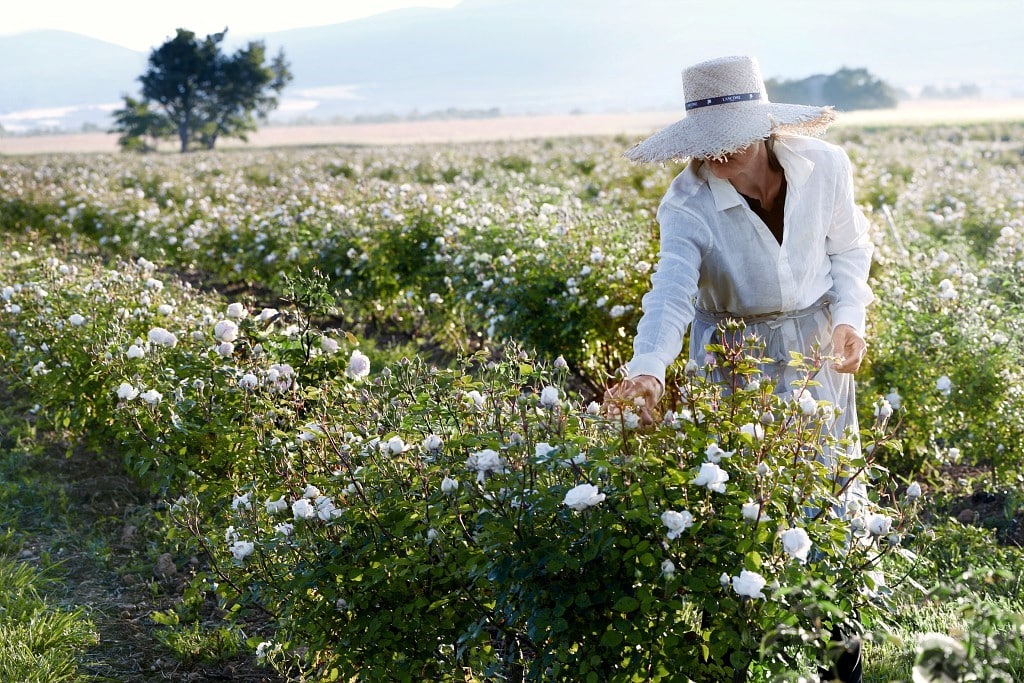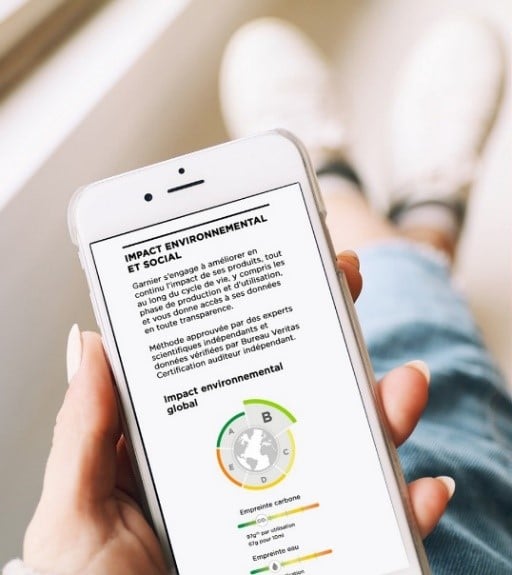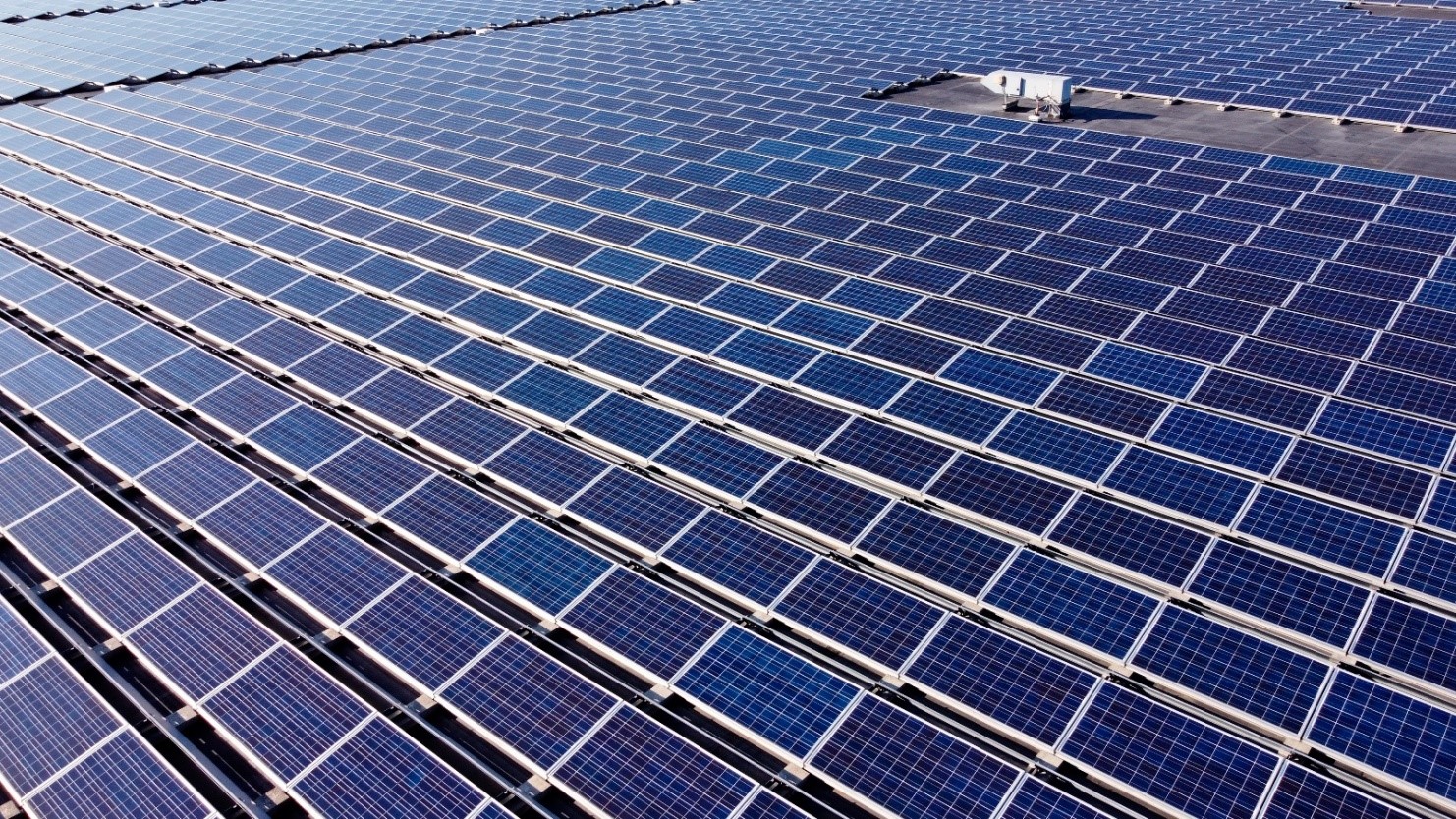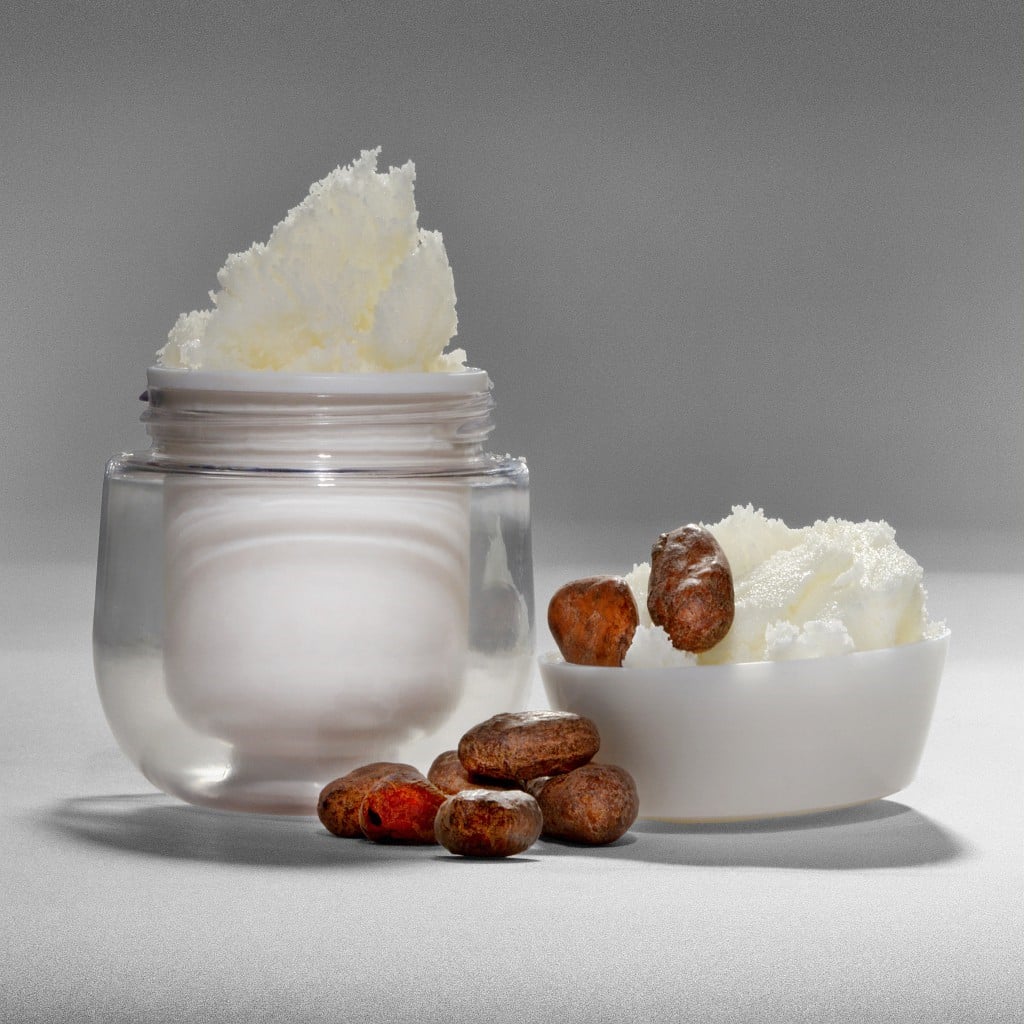Improve the environmental or social profile of 100% of products by 2020
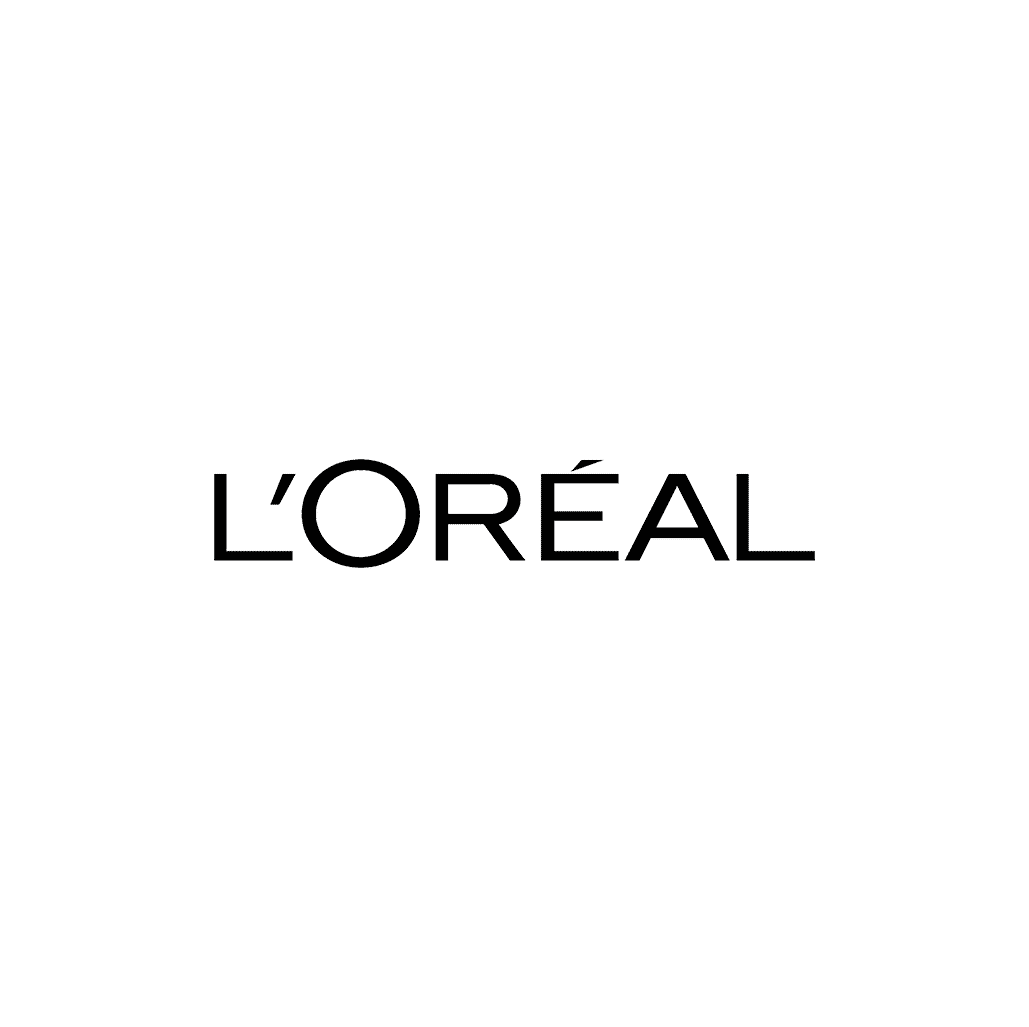
Terms of the action or commitment
Levers mobilized for circular economy (according to Ademe)
Implementation timeline
Starting year
2013
Ending year
2020
Main actors mobilized
Internal actors
External actors
Geographic area
Photo / Video
2022 follow-up of the action
Date of follow-up
commitment which ended in 2020, replaced by new 2030 commitments
Methods of validation of the follow-up
commitment which is no longer followed (cf. comments)
Status of the action
In progress
Completed
a) Results
Achieved
Partially achieved
Not achieved
b) Numerical / Qualitative information
Cancelled
Explanations
Comparison with the projected pace in the last publications
Keeping up with the times
In advance
Delayed
Partial / Final results
In 2020, 96% of new or renovated products had an improved environmental or social profile.
In 2020, 85% of new or renovated products had an improved environmental profile thanks to improved packaging.
In 2020, 69% of new or renovated products had an improved environmental profile thanks to a new formula incorporating renewable raw materials, responsibly sourced or respecting the principles of green chemistry.
In 2020, 39% of new or renovated products had an improved environmental profile thanks to a new formula with a reduced environmental footprint.
In 2020, 85% of new or renovated products had an improved environmental profile thanks to improved packaging.
In 2020, 69% of new or renovated products had an improved environmental profile thanks to a new formula incorporating renewable raw materials, responsibly sourced or respecting the principles of green chemistry.
In 2020, 39% of new or renovated products had an improved environmental profile thanks to a new formula with a reduced environmental footprint.
Company's comments
For many years, L’Oréal has begun a profound transformation of its model, in all areas, in order to adapt to the great changes in the world. Convinced that sustainable development is an essential factor for success and durability, L’Oréal is deploying an ambitious corporate social responsibility policy, which is shared by its management and teams.
Following its first sustainability programme ‘Sharing beauty with all’, L’Oréal initiated in June 2020 the second generation of its commitments to sustainable development, under the umbrella of a programme called L’Oréal for the Future, with a new set of particularly ambitious targets for 2030.
As part of L’Oréal for the Future, the Group is no longer able to follow up this commitment because L’Oréal has moved to new indicators, which are more holistic, covering all the impacts associated with its value chain : its production and distribution sites, but also its supply chains and the impacts associated with the use of products by consumers.
Following its first sustainability programme ‘Sharing beauty with all’, L’Oréal initiated in June 2020 the second generation of its commitments to sustainable development, under the umbrella of a programme called L’Oréal for the Future, with a new set of particularly ambitious targets for 2030.
As part of L’Oréal for the Future, the Group is no longer able to follow up this commitment because L’Oréal has moved to new indicators, which are more holistic, covering all the impacts associated with its value chain : its production and distribution sites, but also its supply chains and the impacts associated with the use of products by consumers.
Company's others commitments :
